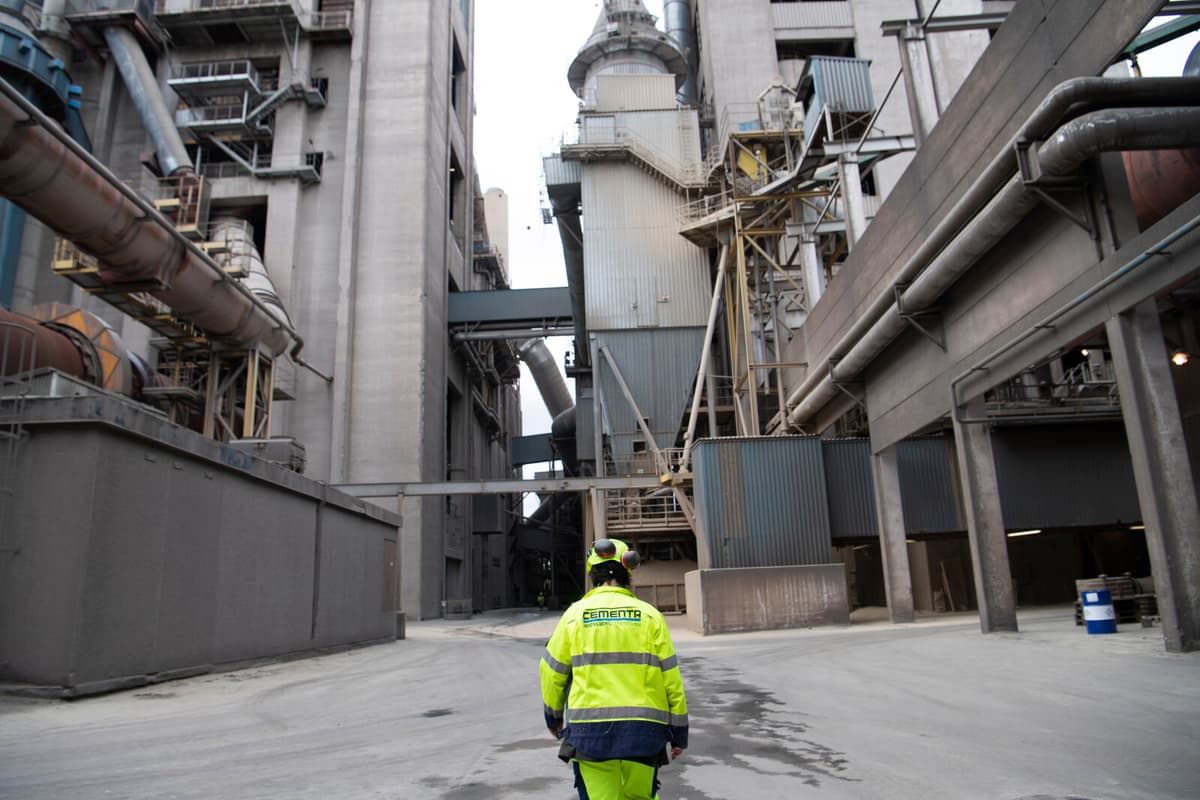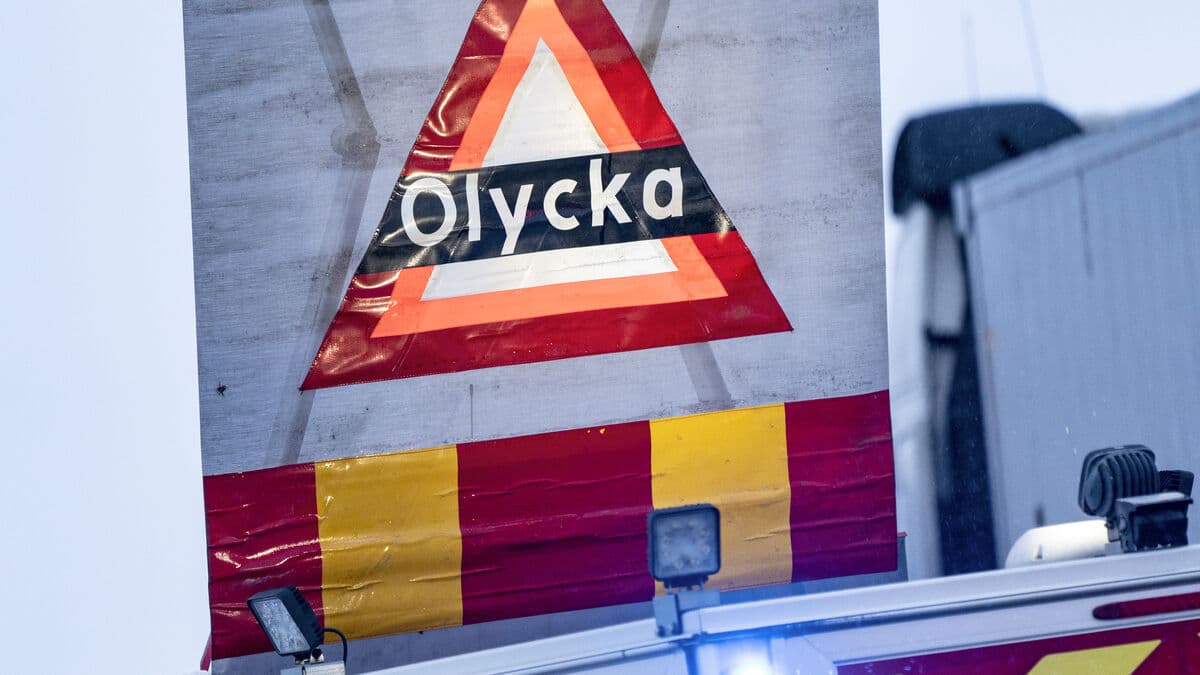The 7th of May, a verdict is expected in the Land and Environmental Court in Nacka, which may decide whether Heidelberg Materials (formerly Cementa) will be allowed to continue extracting limestone in Slite for the next 30 years.
When the company received a rejection of its application in the Land and Environmental Court of Appeal in July 2021, Sweden was on the verge of being plunged into a cement crisis.
According to the court, the environmental impact assessment had significant deficiencies, particularly regarding how the groundwater on Gotland would be impacted.
A Lightning-Fast Change in the Law
The verdict led local protest groups to rejoice, but trade unions warned that hundreds of thousands of jobs were threatened and construction projects would come to a standstill.
To avoid a cement crisis, the Environmental Code was rapidly changed so that the extraction could temporarily be allowed to continue. A proposal that the Council on Legislation rejected, but which the Riksdag voted through.
According to Malin Löfsjögård, CEO of the industry organization Svensk Betong, the limestone extraction is at least as crucial as it was in 2021.
Slite accounts for the majority of the cement produced and used in Sweden, and we need cement to produce concrete.
It is also linked to the geopolitical issue. If we are to strengthen and fortify Sweden, it will require a lot of concrete. Then it is central that we have control over the raw materials we need.
However, the Environmental Protection Agency, which is the opposing party in the case, sees risks for nature in the vicinity. This includes sensitive wetlands and protected species.
The Environmental Protection Agency has therefore, in the parts of the permit application that the authority has commented on, set requirements for a number of conditions and precautions for the permit to be approved.
There, we are not in agreement with the company on all points yet, says Lena Lidmark, environmental lawyer at the Environmental Protection Agency, and continues:
But if the court accepts the requirements we have in the form of precautions and if the court grants the permits required under current legislation, then we believe that the operation can be allowed.
Not Acute This Time
The County Administrative Board on Gotland also opposes Heidelberg Materials' application.
According to the statement submitted to the court, the potential damage to groundwater and the natural environment risks becoming too great.
Regardless of the outcome of the court case, which can be appealed, it does not risk becoming an acute cement shortage this time, according to Malin Löfsjögård. The temporary permit that Heidelberg Materials has runs until the end of 2026.
But if we do not have cement production in Slite, it will be a challenging situation ahead. Sweden would become largely import-dependent.






